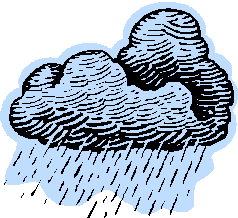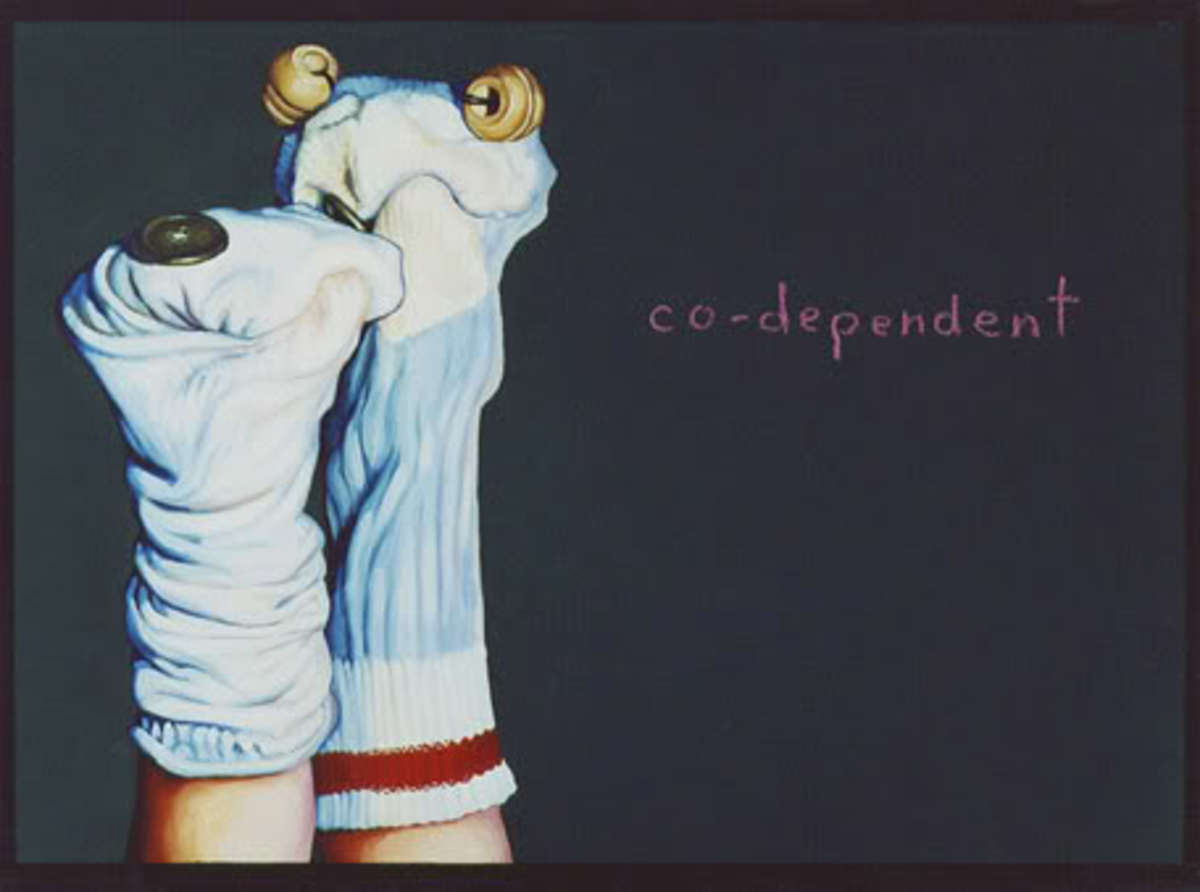- HubPages»
- Health»
- Mental Health»
- Emotions»
- Happiness
Am I Still Codependent? 5 Ways to Check Your Progress

Even though I wrote a book on the subject and have truly turned my own life around, there are still days when I feel completely lost in codependency. How can this be? The hard truth is that codependency and all that goes with it is a life long challenge. Like any addiction, we can overcome it, but it hangs dormant in the recesses of our minds, waiting for an opening; a moment of weak thinking, then BAM! we're right back in the old patterns of thinking. It's depressing and terrifying because the lies it unleashes in our heads seem so real.
I am unlovable. There's something wrong with me. No one wants me. I can't trust anyone. I'm going to be alone all my life. I'm crazy.
The awful lies swirl around in our minds until all we want to do is isolate. At least that's how the cycle goes for me. And I have a loving husband, two emotionally balanced children, good friends, a beautiful home...a wonderful life! How can a person who wrote a book about this nonsense still be such a victim to it at times?
Because one of the pillars of codependency is that we don't trust ourselves since we find it so difficult to trust anyone else. In addition, there are times when all the therapy, prayer, reading, mindfulness can't strain out 100% of the faulty thinking we are ingrained with.
The great news is that we are making progress! All we have to do is take a serious inventory of how far we've come to see get ourselves back on the right track. The challenge comes when we're in the brink of falling down the rabbit hole again....believing all the lies and becoming incapable of fighting anymore.
When this happens try to not to be too hard on yourself. There's times when we have to lay low; let the feelings wash over us like a storm passing through. But instead of ending a relationship, quitting a job or leaving the country, do something harmless. Take a day or an hour to yourself, don't get into an argument with anyone about anything. You're too emotional and it'll be a train wreck of unintended accusations and endless blabbering about your feelings (which won't be understandable to someone who hasn't walked in your shoes.)
Be good to yourself; walk outdoors if it's permissible. Watch an old movie, sleep, read a favorite book. The point is that this is not the time to take on another project. It's the time to take the path of least resistance and rest.
If you can take just a little time to do this, you might be able to slow you're thinking down long enough to see beyond this moment and in doing so, you will be surprised at how far you've come in this endless battle. Here's how.

5 mile markers to look for on your journey
One thing that happens when we fall victim to unhealthy thinking as that our thoughts tend to race. We can't process ideas rationally. Instead, we jump from one concept to another, unable to see truth. By taking a little time for ourselves we soothe our brains. Our thinking slows down. But, left to our own devices, we will then find every negative idea we can about ourselves and obsess relentlessly, another outcome of codependent mindsets. Obviously, this isn't the goal. The purpose of slowing our thinking down is to look at how far we've come in dealing with our challenges. Here's a few that will give you a good idea of your progress.
- We learn to manage our emotions
One of the hallmarks of a damaged personality is the inability to monitor ones emotions. Like little children, we're victims to whatever 'feeling' is passing through our beings. We sob, we lash out at others, we rage, we stop talking to people who love us just to hurt them, we seek revenge, we isolate, frozen with corrupt thoughts, we do stupid things to make others feel sorry for us. We talk on endlessly about our problems, making everyone in arms' length an unwitting counselor.
Once we gain control of ourselves, we slowly dismantle that immature behavior and in its place is someone who attempts (no one does it perfectly right away) to regulate ourselves. It's hard. But we keep trying and we make a little progress everyday.
- We stop trying to control others
I admit, this continues to be a tough one for me. Before we learned about our codependent issues, we spent all our energy trying to fix, change, help, manipulate and rescue others. It made us feel superior and useful. Of course others resented it, but we couldn't see that. And even if we did, we chalked it up to their inferior thinking. Where would they be without us?
Our endless need to control the entire universe comes from our basic belief that we are out of control, we can't stand ourselves, but changing us is just too hopelessly hard. And if I can fix you, I will look and feel better.
As we grow into being balanced, it doesn't necessarily get easier to not control others, but we now have to mental tools to over ride our compulsive need to do so. The result is that others feel more empowered and comfortable around us. And we don't have to feel responsible for everything. It's very liberating.
- We experience greater physical and mental health
It's very typical for codependent people to have an endless list of physical ailments. These problems are very real in most cases. It is well known that people who are emotionally and spiritually broken have many more physical issues than those who are not.
In addition, depression, bi-polar, schizophrenia, anxiety and a host of other debilitating emotional and mental problems tend to plague men and women who struggle with codependency.
It stands to reason that if you're too depressed to get out of bed, you're not going to take good care of yourself. But as we get healthier, we learn to like ourselves and want to eat better, exercise, be with people, lose that extra weight, stop smoking, etc.
- We develop and maintain boundaries
Most of us dealing with dysfunctional backgrounds forfeited healthy boundaries for the sake of acceptance. In some more extreme cases, it was to avoid pain. This created a life long inability to stand up for ourselves, voice an opinion. We say 'yes' when we mean 'no!' or we don't speak up at all, which leaves us full of anger and frustration. With no boundaries in place, we're taken advantage of constantly, so we learn we cannot trust. When we can't trust, we don't let anyone in. The end state of course is that we feel utterly alone.
Learning to speak up is terrifying. That's one of the reasons I believe that people who fight to overcome codependency are some of the toughest individuals you'll ever meet. Like everything else we've covered, it takes constant vigilance and practice to create within ourselves the ability to create and maintain healthy boundaries. The trick is to know when we're building boundaries and when we're building walls.
- We strive for authenticity in ourselves and in our relationships
To protect ourselves from rejection and abandonment, we learned to be whatever others wanted us to be. In the process many of us lost all sense of who we really were. Since we were terrified of being discovered, we settled for mediocre or even abusive relationships that were built on lies, manipulation and just about everything except our own personal well being. But because we didn't know we had the right to speak up, we put up with being half alive.
Being healthy means we are honest with ourselves. We acknowledge that we feel insecure or somehow less than others, but we are determined to become a real, fully alive person, not an extension of someone else. Once we commit to this type of living, its no longer acceptable to live a lie with others. Relationships either end or gradually grow into sustainable, satisfying ones.
*******
There are at least a dozen more such mile markers we could look to in order to see personal growth. But if you can see that you've made progress in just these five, then that is proof enough that even though your current trial seems insurmountable, it's really just a bump in the road of your recovery.
Be kind to yourself. Watch for progress and put your faith in that. Eventually, the successes you rack up will begin to out number your old thinking patterns. Remember, you're creating a brand new, beautiful way of thinking and living with every choice you make. Treasure it.
Jeanette Menter is the author of, "You're Not Crazy-You're Codependent"








